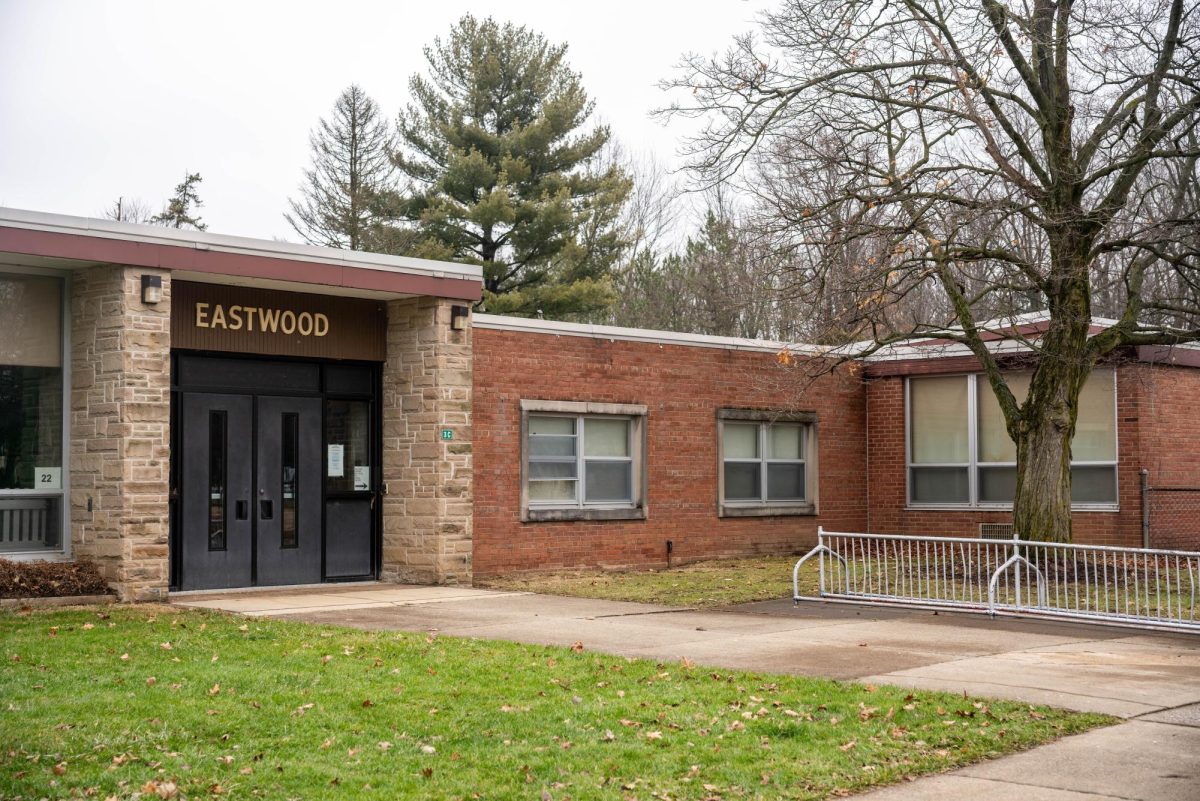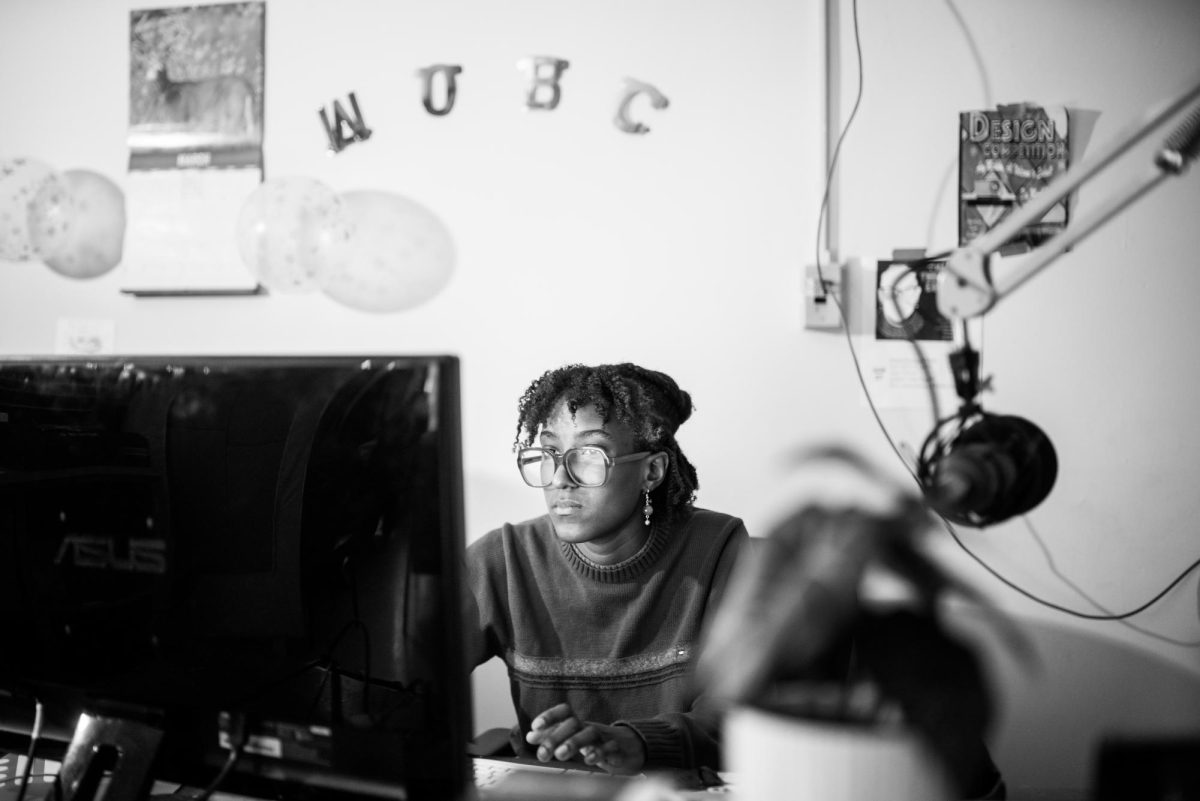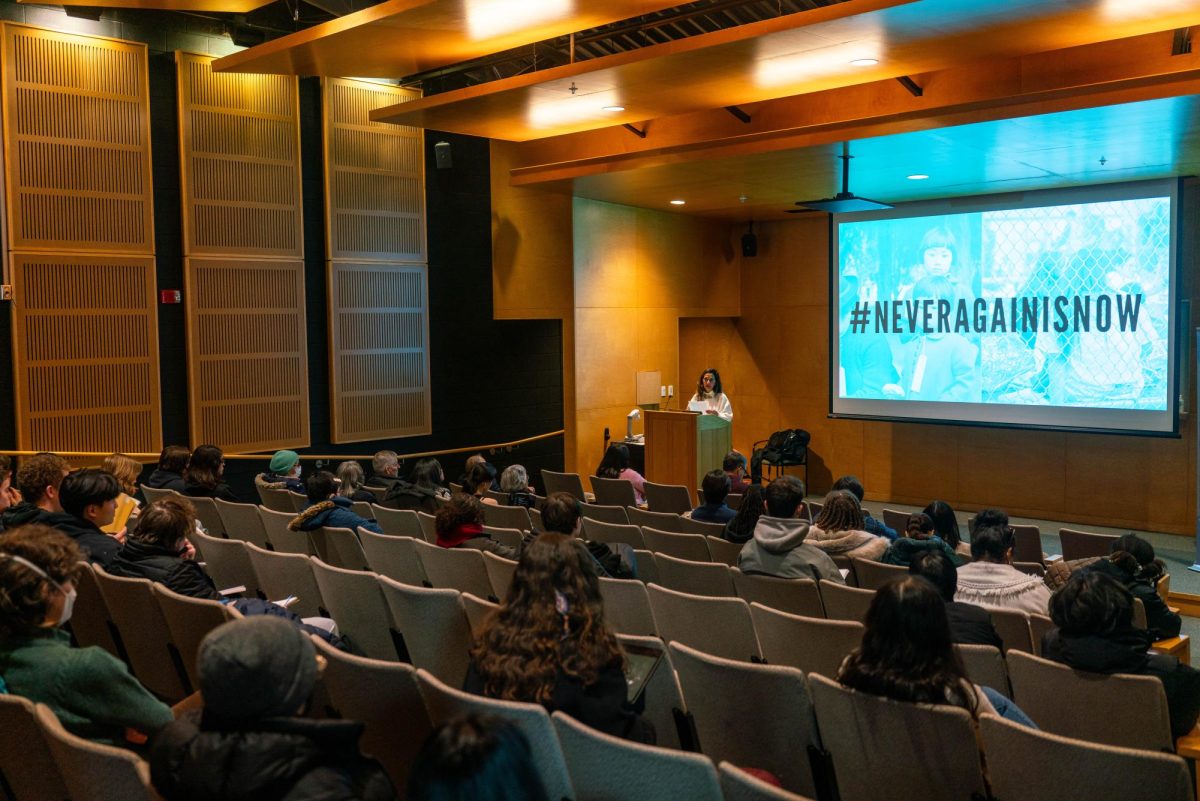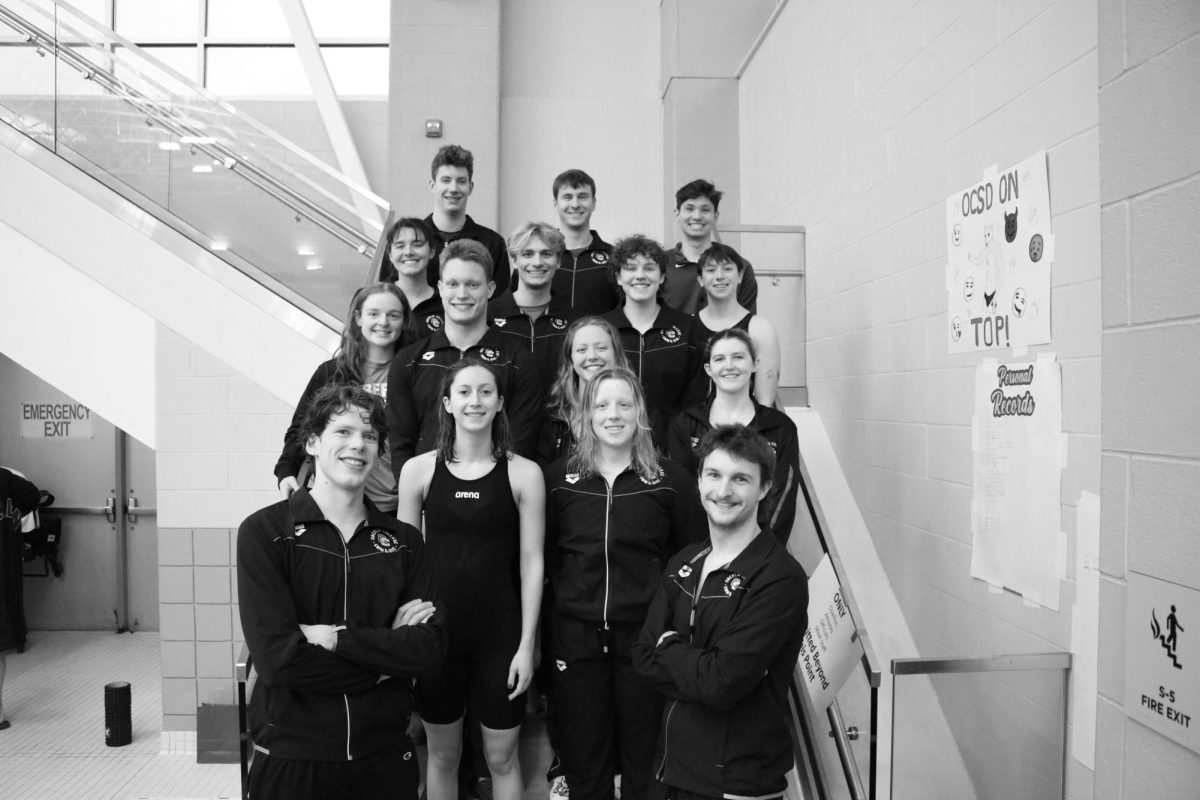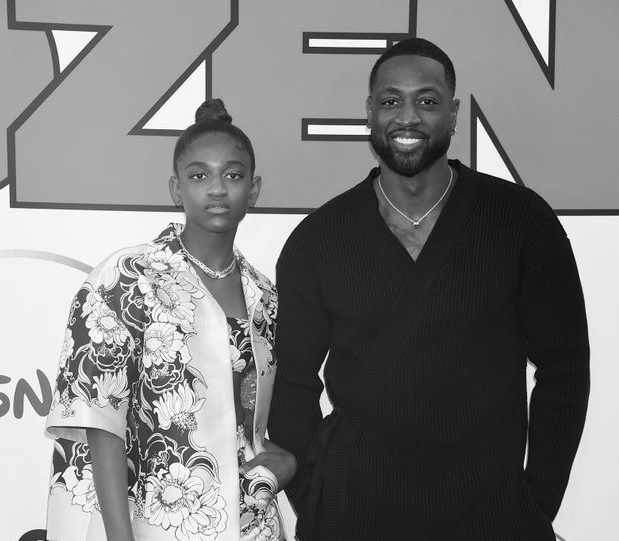Trials, Tribulations of an Injured Athlete
March 15, 2013
“Well, it is broken,” Dr. Kolczun said as he walked into the room holding the X-rays of my hand. My heart sank.
“Will it need surgery?” I responded.
“Quite possibly,” he said. “I will have to show this to the hand specialist to see if he thinks it needs to be operated on.”
That was Friday, Feb. 15. Three days later I had two screws put in my hand during surgery. Then it became a waiting game.
In a follow-up visit with the surgeon, I asked, “How fast will the bone heal? Will my hand be able to function normally like before?” Questions like these are asked in doctor’s offices all around the country by student-athletes dying to get back on the field. Thankfully my injury is not season-ending, but many others are not as lucky.
Having to sit out on the sidelines is perhaps one of the most miserable experiences an athlete can go through: You have worked hard and busted your you-know-what to get ready for the season, and now that it is here, you can’t fully participate. Instead of being able to go out and help your team to victory you are confined to the role of cheerleader for a period of time that is out of your control. Pushing the limits of your rehabilitation can often extend your injury and keep you out even longer.
Despite being unable to physically participate in the practices and games, it is still important to show that you are a teammate and to support those student-athletes who are still out there playing. Cooper Levitan, a sophomore on the men’s lacrosse team, was out all of his first-year season after tearing his anterior cruciate ligament in November during offseason practices. When asked about how he coped with such misfortune, he replied, “It is very tough knowing you are going to be out the whole season, but you have to do what you can. I wanted to help my team in any way possible to remain a part of the guys and stay close with them.” Whether you help out by filming the games, helping the coaches run drills or simply getting water for the team, every little bit counts.
In tough times such as suffering an injury, it can be easy to fall out of touch and feel as though you are not as close with the team as you once were. But playing a sport in a Division-III program such as Oberlin provides athletes the opportunity to be part of a team and a strong group of friends — and it is these individuals who make the healing process much easier.






